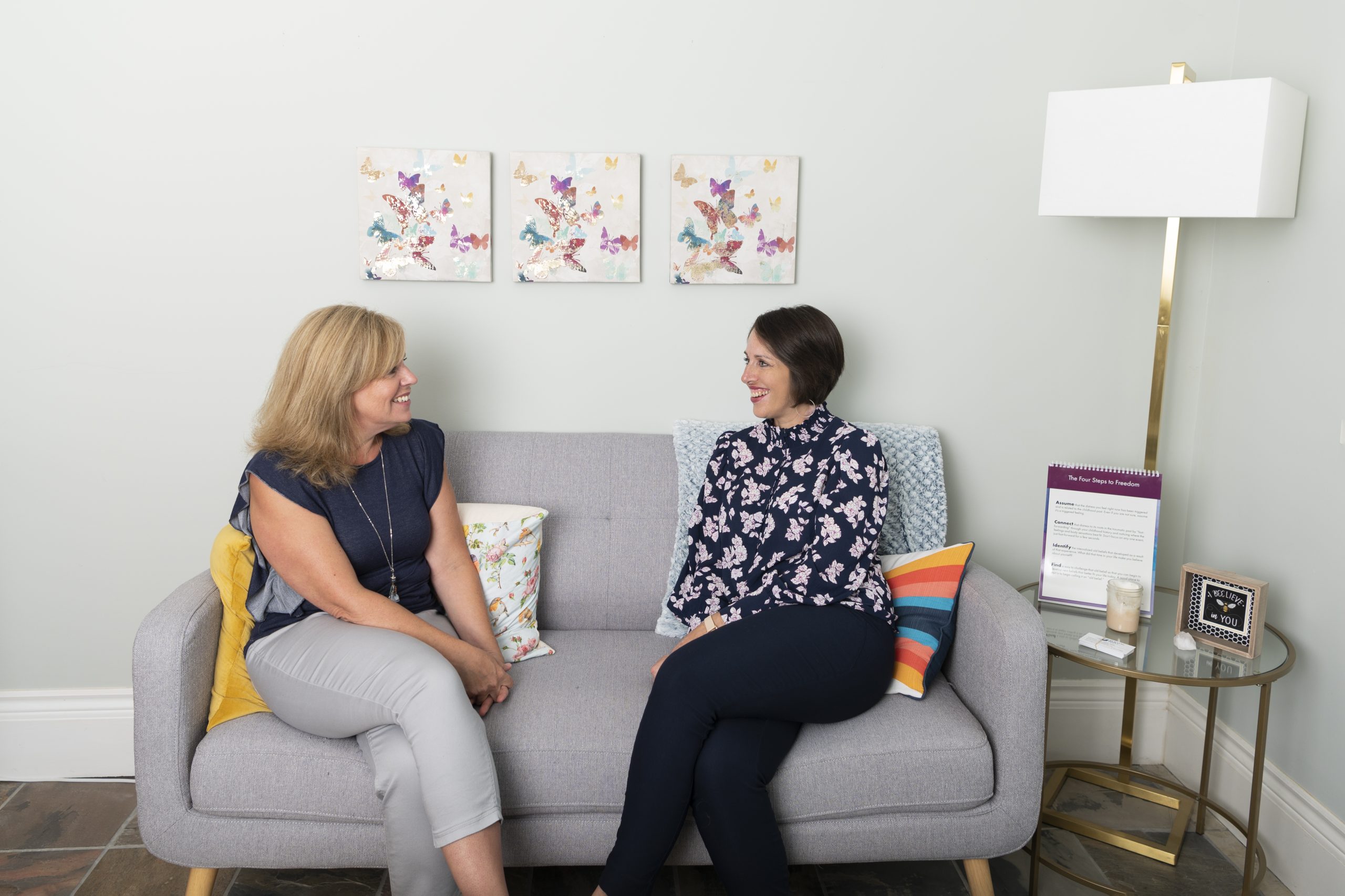
Grief & Loss
When a significant loss has occurred we can experience a range of emotions including sadness, fear, anger, guilt, and shame, in some circumstances. Processing grief within a safe space can provide relief from the intensity of intrusive thoughts and feelings that often accompany loss.
Grief is a natural response to any type of loss. However, it can feel completely unnatural, make you feel “crazy”, and bring a deep profound pain to one’s existence. Grief can shatter pre-existing assumptions about ourselves, others, and our world.

There are many different ways to grieve. Feeling lost, or unsure about how you are grieving, makes sense. Sensitive, respectful, supportive counselling and therapy involve bearing witness, walking alongside, and listening with heart, not just mind.

Client-centred care: To hold a safe space for grief, compassionate, genuine regard for the suffering of an individual is vital. To be actively listened to is the ask of every person experiencing sudden or anticipatory grief.
Integrating the loss into the reality of one’s life can be difficult without the support of a caring professional. Most often a complex web of conflicting thoughts and emotions makes it difficult to navigate everyday life. Bringing an understanding to one’s thoughts and emotions, through meaning-making, can be helpful in working through grief. It’s important that we meet you where you are at, we move at your pace, and we gently, compassionately, reflect on what this loss means to you, and how to reconstruct a life that honours who or what has been lost.
FAQ
What is the difference between grief therapy and grief counselling?
Generally speaking, counselling includes assisting individuals in processing “normal” grief, and the loss of a loved one. For at least the first six months or so, most grieving individuals are adjusting to the loss and experiencing the initial grief reactions that are typically associated with the death of a loved one. This adjustment can take months, or years, depending on the relationship with the loved one and the nature of their death. Grief therapy, which is more intense than grief counselling, explores the complexities that may be surrounding the experience of ongoing mourning. Individuals may experience traumatic reactions caused by their loss, expressing or suppressing their grief in unhealthy ways, feel riddled with shame or guilt, which prevents them from reengaging with their everyday life. These types of issues give cause for grief and loss therapy.
What is the main goal of grief and loss counselling and therapy?
To help the individual integrate the reality of the loss into their life so that they can develop a new ongoing relationship with their loved one. Additionally, the bereaved individual is encouraged to learn and practice how to provide care to themselves so when grief surfaces they can tend to their sorrow in healthy ways.
When is grief and loss therapy or counselling needed?
Grief and loss counselling can be offered soon after the death to facilitate support to the individual or family who is grieving. Grief therapy, however, is not recommended until at least three months after the loss, as typically bereaved individuals are still in shock and disbelief and may find it difficult to process their experiences with grief.
I feel like I’m going “crazy”, and I want to feel normal again. Is this possible?
This is a natural and common experience for a bereaved individual. You aren’t crazy. Longing and yearning for your loved one is a natural reaction to loss, especially if the death was sudden or unexpected. Your mind is trying to make sense of something that doesn’t make sense. From babyhood until end-of-life, we have an innate need to attach to loved ones. When this bond is severed, it is a natural reaction for us to search and mourn for our loved ones. As you begin to adjust to the reality of your loss, there will be times when your grief may grip you as if it happened to you yesterday. There will also be times when you find yourself laughing again. Our grief journey is a long process. We get through it, but never over it.
How to become a client
To send a confidential message, please fill out our contact form or email us directly at info@turningpt.ca. Our administrative support team will contact you within one business day. Once we have assessed what your needs are we will connect you with a therapist that, we believe, is aligned with what you are looking for.